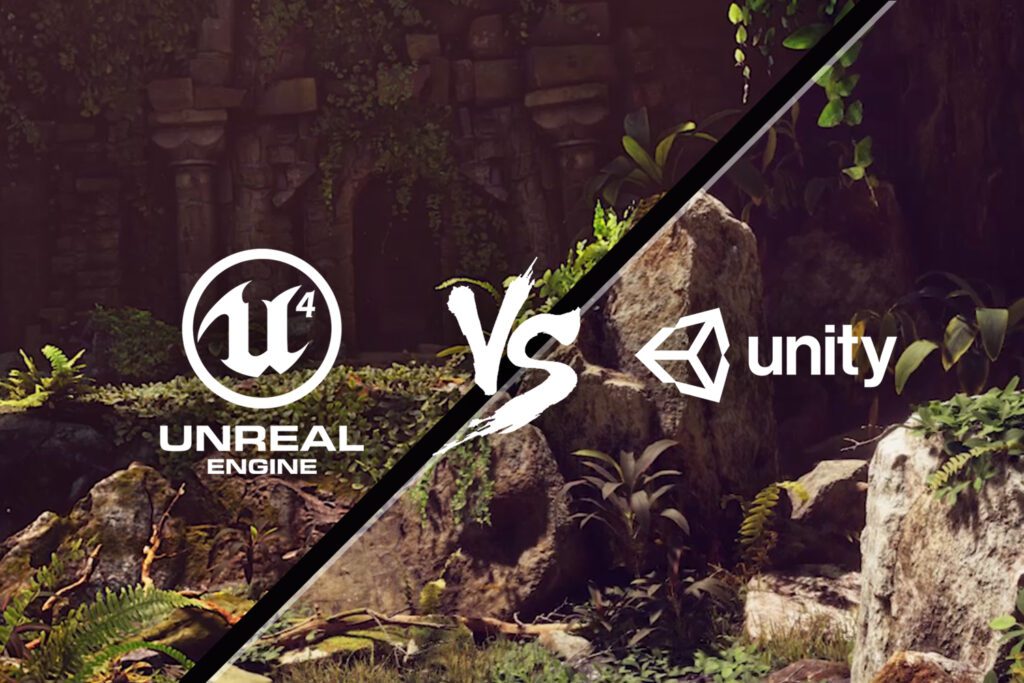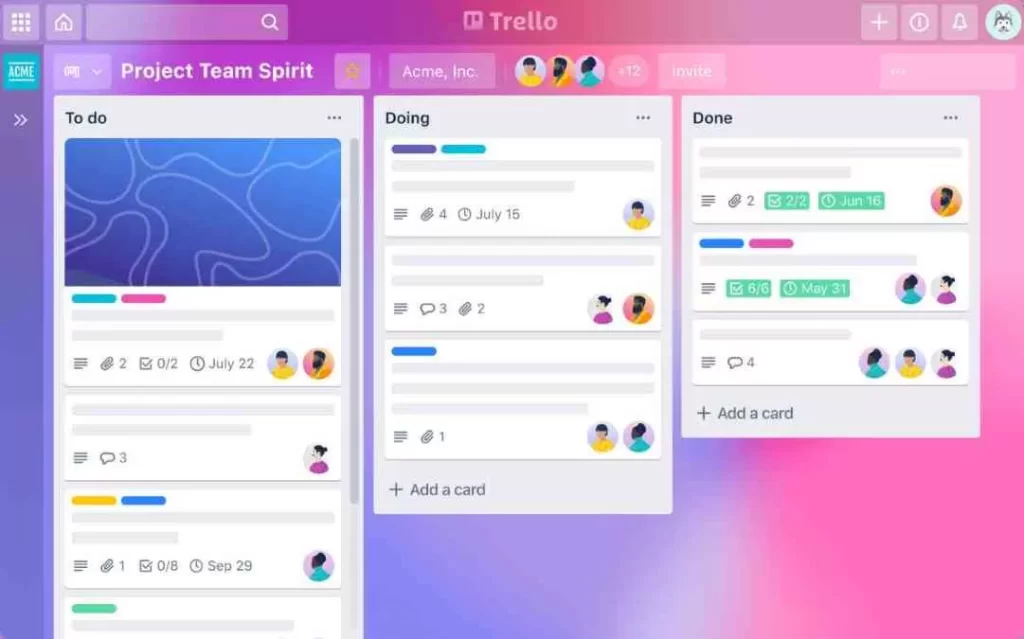Takeaway
Choosing the right game development outsourcing partner is crucial for the success of your project. A good partner not only brings technical expertise and industry experience but also aligns with your vision, culture, and project requirements. This article delves into the essential factors that define a good outsourcing partner in the game development industry.
Understanding the Game Development Landscape
The game development industry has evolved significantly over the past decade, with the global market projected to reach $256.97 billion by 2025 (Statista, 2021). As the demand for high-quality games increases, many companies are turning to outsourcing as a viable solution to meet their development needs. However, not all outsourcing partners are created equal. Selecting the right one can make or break your project.
Technical Expertise
One of the most critical factors in choosing a game development outsourcing partner is their technical expertise. This includes proficiency in various programming languages, game engines, and development tools. A good partner should have experience with popular game engines such as Unity and Unreal Engine, as well as familiarity with programming languages like C#, C++, and JavaScript.

Unity and Unreal skills are vital for outsourcing success.
Moreover, they should be well-versed in the latest technologies, including augmented reality (AR), virtual reality (VR), and artificial intelligence (AI). The ability to integrate these technologies into your game can significantly enhance user experience and engagement.
Portfolio and Case Studies
Reviewing an outsourcing partner’s portfolio is essential to gauge their capabilities and style. A strong portfolio should showcase a variety of projects that demonstrate their range and versatility. Look for case studies that highlight their problem-solving skills, creativity, and ability to meet deadlines.
Additionally, consider the genres of games they have developed. If you are creating a mobile game, for instance, ensure that the partner has experience in mobile game development. This specialization can lead to better insights and solutions tailored to your specific needs.
Communication and Collaboration
Effective communication is vital in any outsourcing relationship. A good game development partner should have a clear communication strategy that includes regular updates, feedback loops, and collaborative tools. This ensures that both parties are aligned on project goals and timelines.
Moreover, cultural compatibility plays a significant role in communication. Understanding time zones, work ethics, and cultural nuances can help mitigate misunderstandings and foster a more productive working relationship. Look for partners who are flexible and willing to adapt their communication style to suit your preferences.
Project Management Skills
Game development is a complex process that requires meticulous project management. A good outsourcing partner should employ robust project management methodologies, such as Agile or Scrum, to ensure that the project stays on track. This includes setting clear milestones, conducting regular sprints, and adapting to changes in scope or requirements.
Additionally, they should utilize project management tools like Jira, Trello, or Asana to facilitate transparency and accountability. This allows you to monitor progress in real-time and make informed decisions based on data-driven insights.

The Trello, along with other tools, ensures efficient project execution.
Quality Assurance and Testing
Quality assurance (QA) is a critical component of game development. A good outsourcing partner should have a dedicated QA team that conducts thorough testing at various stages of development. This includes functional testing, performance testing, and user acceptance testing (UAT).
Moreover, they should implement automated testing tools to streamline the QA process and ensure that the game is free from bugs and glitches before launch. A commitment to quality not only enhances the user experience but also protects your brand reputation.
Post-Launch Support and Maintenance
The relationship with your outsourcing partner should not end at the game’s launch. A good partner will offer post-launch support and maintenance services to address any issues that may arise after the game goes live. This includes bug fixes, updates, and potential expansions or new content.
Having a partner who is willing to provide ongoing support can significantly reduce the stress of managing a live game and allow you to focus on future projects or enhancements.
Cost-Effectiveness
While cost should not be the sole determining factor in choosing an outsourcing partner, it is undoubtedly an important consideration. A good partner should offer transparent pricing models that align with your budget without compromising on quality. Look for partners who provide detailed estimates and are willing to discuss potential cost-saving measures without sacrificing the integrity of the project.
Additionally, consider the long-term value of the partnership. A slightly higher upfront cost may be justified if the partner can deliver a superior product that leads to higher user engagement and revenue in the long run.
Client Testimonials and Reviews
Before finalizing your decision, it is advisable to seek out client testimonials and reviews. This can provide valuable insights into the partner’s reliability, professionalism, and ability to deliver on promises. Look for reviews on platforms like Clutch, GoodFirms, or even LinkedIn to get a well-rounded view of their reputation in the industry.
Moreover, consider reaching out to past clients directly to ask about their experiences. This can help you gauge the partner’s strengths and weaknesses and make a more informed decision.
Conclusion
In summary, selecting a good game development outsourcing partner involves a comprehensive evaluation of their technical expertise, portfolio, communication skills, project management capabilities, quality assurance processes, post-launch support, cost-effectiveness, and client reviews. By carefully considering these factors, you can find a partner that not only meets your project requirements but also aligns with your vision and values. A successful partnership can lead to the creation of exceptional games that resonate with players and achieve commercial success.
Key Points
- Technical expertise in relevant programming languages and game engines is crucial.
- A diverse portfolio and case studies can showcase a partner’s capabilities.
- Effective communication and cultural compatibility enhance collaboration.
- Robust project management methodologies ensure timely delivery.
- Quality assurance processes are essential for a polished final product.
- Post-launch support is vital for long-term success.
- Cost-effectiveness should be balanced with quality and value.
- Client testimonials provide insights into a partner’s reliability.

